Tea, one of the most common items in our daily lives, is typically found in virtually every household. Its functions are quite extensive: not only can it be used to entertain friends and family, but it also possesses anti-inflammatory and antibacterial properties. With so many varieties of tea available, which ones have the best anti-inflammatory effects? Below, our tea editor will provide a detailed introduction to the teas with the strongest anti-inflammatory and antibacterial properties, helping you gain a better understanding of their lesser-known benefits.
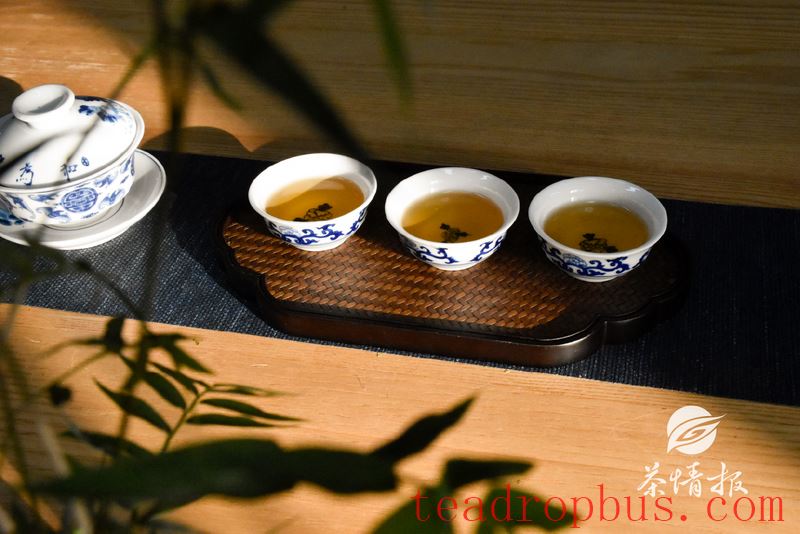
What Kinds of Tea Have Anti-inflammatory Properties?
We all know that tea has numerous functions, such as anti-inflammatory, detoxifying, cooling, and stomach-nourishing effects.
Here are several teas with unique anti-inflammatory properties for your reference:
01. Green Tea
Green tea is an unfermented tea that contains large amounts of polyphenols, catechins, chlorophyll, Caffeine, and other components that have unmatched antibacterial and anti-inflammatory functions compared to other types of tea.
Polyphenols have a strong astringent effect, capable of inhibiting and killing pathogens, thus producing a significant anti-inflammatory result.
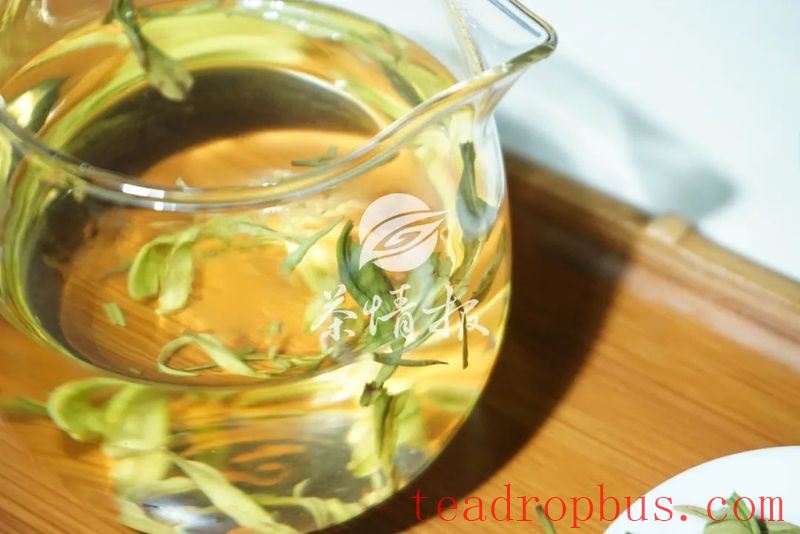
02. White Tea
White tea is a slightly fermented tea. It is cool in nature and has effects similar to those of rhino horn, including detoxification, fire reduction, inflammation relief, and toothache treatment.
For wounds, ulcers, or infections, washing or applying concentrated white tea multiple times may help with its anti-inflammatory and antibacterial functions. For sore throats or swollen gums, drinking moderate amounts of white tea can also provide some relief.
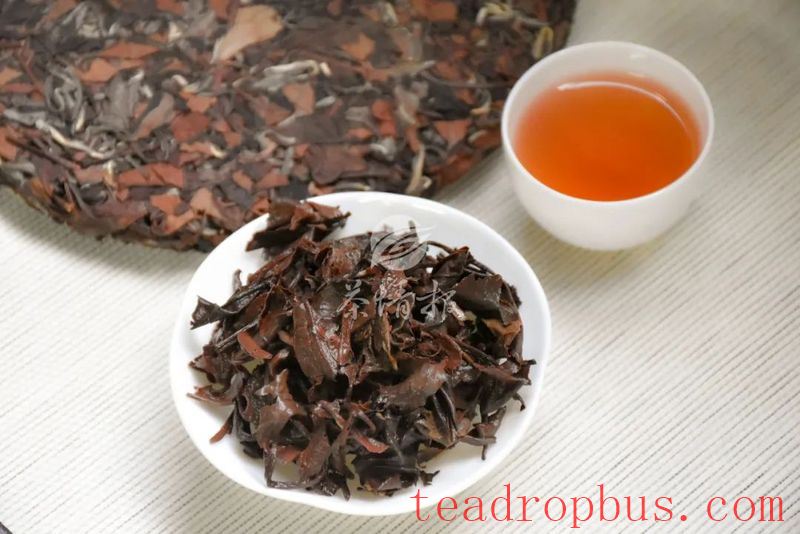
03. Jasmine Tea
Jasmine tea has properties of heat-clearing, detoxification, anti-inflammatory, and antibacterial effects. It can effectively aid in treating fevers, headaches, and viral colds caused by throat inflammation.
If you have eczema, bathing multiple times with jasmine tea can help alleviate itching symptoms. Those interested should give it a try.
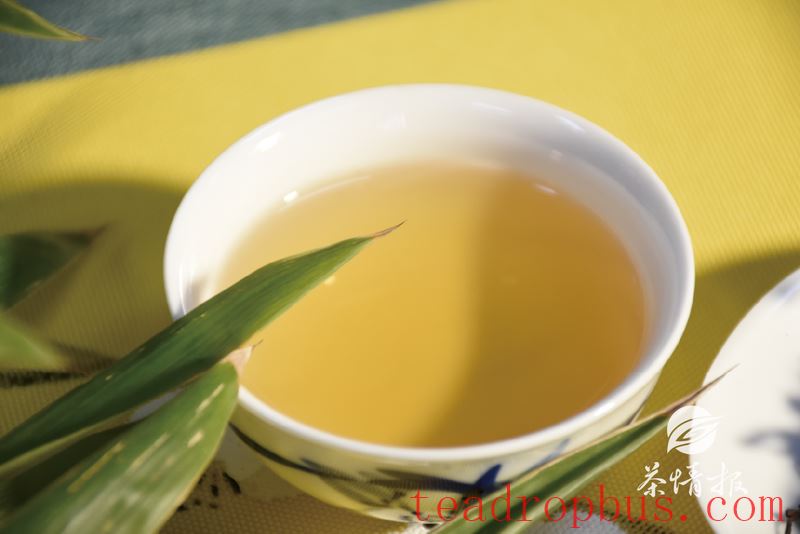
04. Chrysanthemum tea
The chrysanthemum contains volatile oils, choline, water-soluble alkaloids, polyphenols, and other substances that can fight pathogenic organisms and have anti-inflammatory and antibacterial effects.
Applying concentrated chrysanthemum tea topically can be highly effective against certain common dermatophytes. Additionally, bathing with chrysanthemum tea can help relieve itching and inflammation.
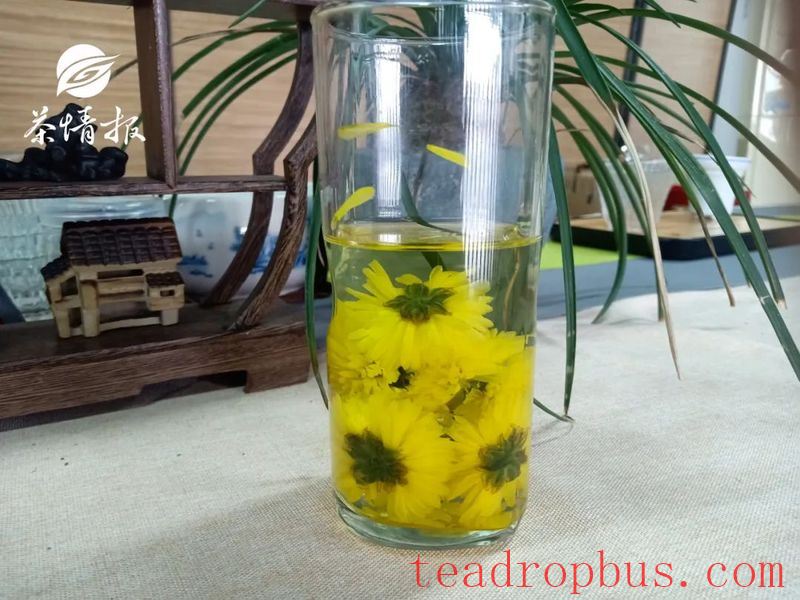
05. Yellow Tea
Yellow tea is another tea rich in polyphenols, and these polyphenols have special functions in terms of antibacterial and anti-inflammatory effects.
Therefore, drinking more yellow tea can also have an anti-inflammatory effect, providing relief for symptoms such as sore throat and inflammation.
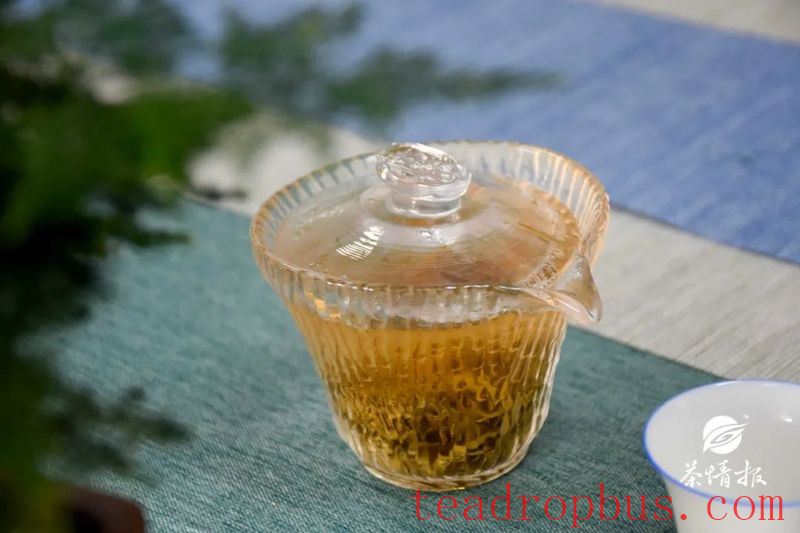
06. Pu'er Tea
Pu'er tea also has anti-inflammatory effects. Studies and clinical trials in the medical field have shown that Pu'er tea has inhibitory and anti-inflammatory effects. Applying concentrated tea juice to or washing wounds with it can effectively kill bacteria, acting as a natural “disinfectant” with soothing properties.
The six teas mentioned above all have good anti-inflammatory properties, and we hope they will be helpful in your daily life. Drinking tea is not just a blind preference; when you understand tea, it will naturally understand you.
If there are any copyright issues, please contact us to remove the content.